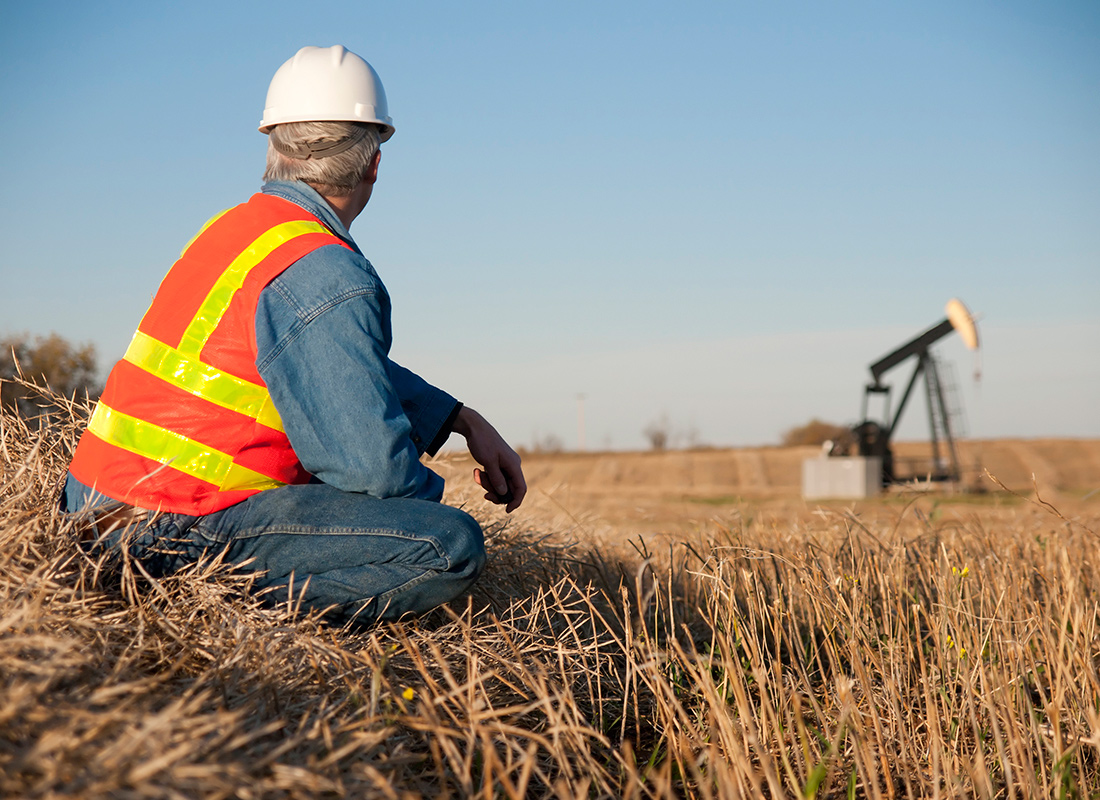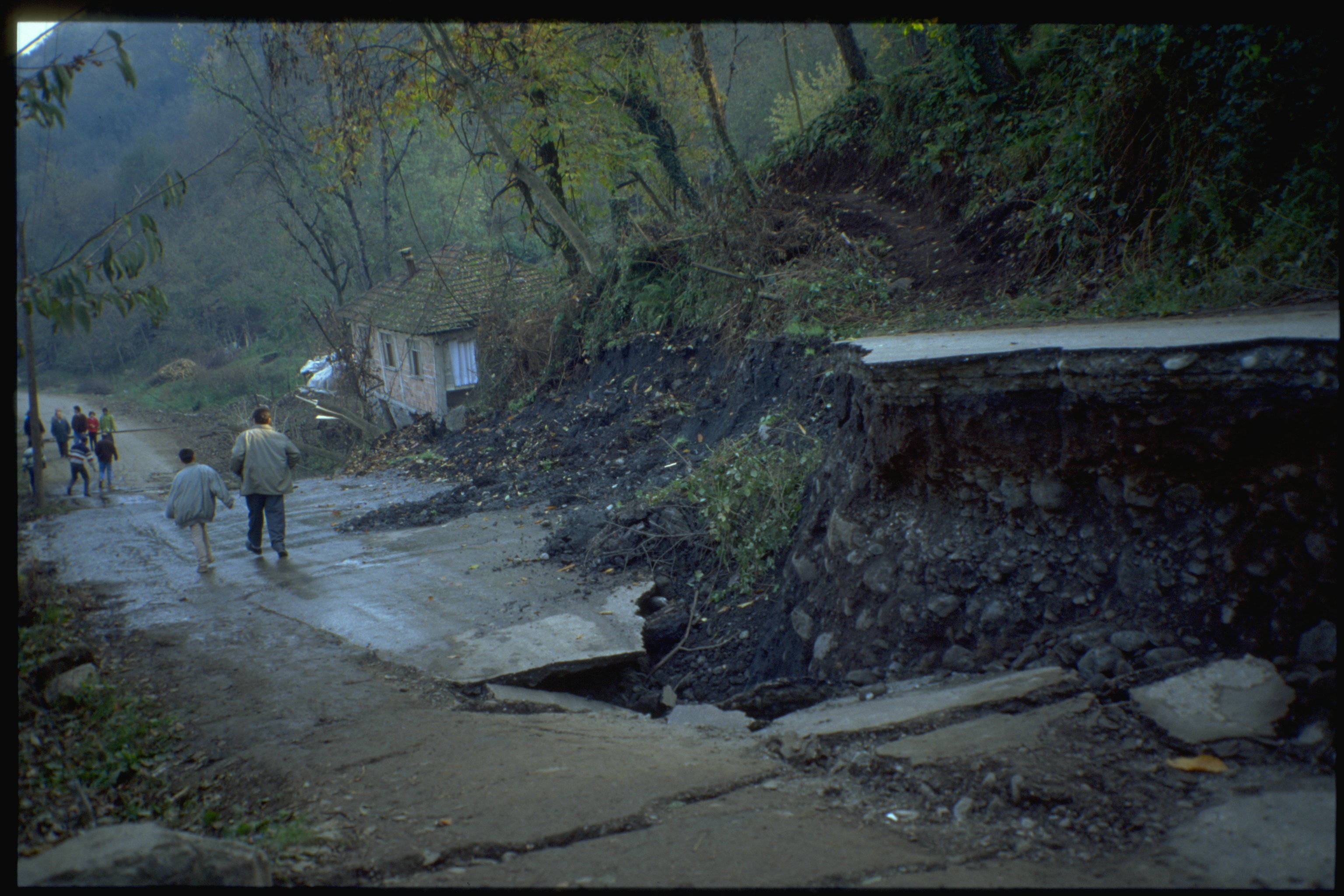All Categories
Featured
Table of Contents
Surface Geophysical Methods in Forrestfield Western Australia 2023
This work is significantly contracted out, so consultancies supply another source of employment. Consultancy firms vary in size, from extremely little business to big multinationals. Some consultancies are rather specialised in using particular geophysical methods or working in specific places, while others use a more varied range of services to their consumers.
The extraction of gas from landfill websites is another area of employment and this might grow in the future. Expedition companies may carry out work for building and construction firms, public utility, mining companies and environmental companies, so geophysicists might be used in any of these settings. Other companies include: geological surveysgovernment bodies and agenciesuniversities and research institutes.


Jobs may be noted in the oil and gas sector press. Recruitment is affected by oil rate fluctuations and the level of competition for positions varies depending on this. Careers Days, which cover the full series of geoscience professions and are typically gone to by a number of key industry employers, are run by The Geological Society.
Geophysicist in Bedfordale Oz 2021
Some of the big oil and gas business use a full two-year structured training programme across the breadth of geophysics, including the chance to experience operate in various groups before specialising in one location. Your training might consist of work on: existing wellsmagnetic and gravitational potential field data analysisresearchrock analysis. However, it's more normal for your initial training to be offered on the task.

There may be a probationary duration during which you work alongside an experienced coworker. Competency-based appraisals take location routinely in most companies. In smaller sized firms, and for scholastic posts, there is unlikely to be any formal training - you'll be anticipated to start work straightaway and get abilities as you go along.
If you work for a smaller business, you may find that you need to take responsibility for setting up and funding your own advancement and training. If you have a geology degree, subscription of The Geological Society can be helpful for networking and for maintaining to date with the market.
Geophysicist in Sorrento Western Australia 2023
You may likewise discover it useful to sign up with the PESGB (The Petroleum Expedition Society of Great Britain, which has a geophysics special interest group. After a probationary duration, and once you've gotten some experience, you could advance to senior geophysicist, then group leader and then into a senior function in management.
The ease of movement in between functions depends upon the company structure. Research study at Masters or Ph, D level in a subject related to geophysics or geosciences might assist with your career advancement and development. The work market within the oil and gas industry is extremely reliant on price and this might impact your chances for profession progression.
For experienced geophysicists, freelance consultancy offers an excellent route for career advancement. As a geophysicist, you're most likely to have a number of jobs throughout your working life.
Geophysical Methods in Shoalwater Western Australia 2021
From geophysics, it's possible to focus on seismology (completing additional training to end up being a seismic interpreter) or to move into associated locations such as engineering geology or risk forecast.
Deciding what to study in college is a difficult choice. Even if you understand that your field of interest depends on science, what program of research study is right for you? If you make the choice to major in physical and biological sciences and pursue a profession as a geophysicist, you're preparing for an interesting and successful profession.
The first action to accomplishing your goal of ending up being a geophysicist is making a degree. Even for entry-level positions in the field of geoscience, you'll need a bachelor's degree (a geophysicist college degree) from a recognized college or university. Geophysicists need to be able to: evaluate rocks, pictures, and other pieces of information carry out research study both in the field and in laboratories develop maps and charts of their findings write reports To accomplish all this, trainees require a specialized education for geophysicist careers.
As mentioned above, you'll need a bachelor's degree in geoscience or an associated discipline, such as a physical science or a life sciences, to land an entry-level job. However trainees can also prepare by majoring in topics like: Biology Chemistry Computer technology Engineering Mathematics Physics The above geophysicist majors use a more generalized method to a single scientific discipline, but many programs require students to take several geology course.
Latest Posts
Geophysical Surveys: Definition & Methods in Forrestdale Oz 2020
Geophysics in Spearwood Australia 2022
Geophysical Survey in Kinross Oz 2022